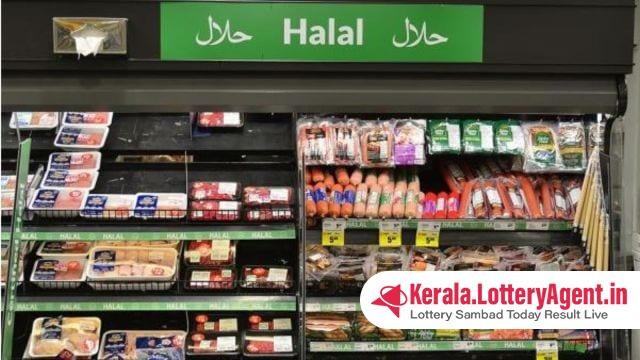
The latest development in India’s trade regulations has seen the government grant a three-month extension for the accreditation of halal certification bodies as well as for the registration of export units involved with halal products, stretching the deadline to July 4, 2024. This announcement brings into focus the significant measures being taken to standardize halal certification for meat and meat products destined for international markets.
The Directorate General of Foreign Trade (DGFT), a branch of the commerce ministry that oversees issues related to exports and imports, had previously outlined policy conditions for the halal certification process. These conditions mandated existing certification bodies to acquire accreditation from the National Accreditation Board for Certification Bodies (NABCB) under the Indian Conformity Assessment Scheme (i-CAS) Halal before April 5, 2024. This timeline has now been pushed forward by three months, a change that was communicated through a formal notification from the DGFT.
Conformance to these guidelines is vital for the export of halal products from India. To be recognized as halal certified, meat and its by-products must be sourced from facilities that have obtained the necessary certification from a NABCB-accredited body. This holds true for various meat categorizations, encompassing bovine meat, fish, chilled sheep and goat meat, as well as processed items such as sausages and analogous meat products.
The inception of the i-CAS seeks to regulate and enhance the credibility of halal certification within India, a country that until recently lacked a government-regulated mandatory halal certification system. This void led to an array of private entities facilitating halal certification, a service that indicates products as permissible under Islamic law.
Worldwide, the halal food industry is witnessing rapid growth, with estimates suggesting a jump from USD 1.978 billion in 2021 to a predicted USD 3.907.7 billion by 2027. India’s potential to tap into this lucrative market is significant, yet the domestic halal sector remains at a nascent stage, devoid of specific labelling statutes for imported halal food products.
Major certifiers such as Halal India Pvt Ltd and Jamiat Ulama-i-Hind Halal Trust have been actively participating in the country’s halal certification process, while the International Halal Accreditation Forum (IHAF) acts as an international conglomerate of accredited bodies responsible for enforcing halal standards within their respective regions.
Countries like Indonesia, Malaysia, Thailand, the Philippines, the UAE, and Pakistan have developed their own halal standards, but despite the flourishing industry, a harmonized global standard for halal certification remains elusive. The diversity in standards can create trade barriers and complicate market access for exporters.
In addition to industry expansion, there has been an emergence of halal-focused technologies and innovations. One can also note the gradual formulation of halal-related laws and regulations. These are positive strides towards establishing a framework for global halal commerce, yet their lack of unification continues to pose challenges to the industry.
The extended deadline is hoped to provide the necessary breathing room for Indian certification bodies and exporters to align with the enhanced procedural expectations. This move is not just a temporary alleviation but also a strategic one, with an eye on India’s integration into the burgeoning global halal market. Ensuring compliance with these regulations could significantly bolster India’s standing as a credible exporter of halal-certified products, enhancing the country’s economic prospects in a growing market that blends tradition with trade.












